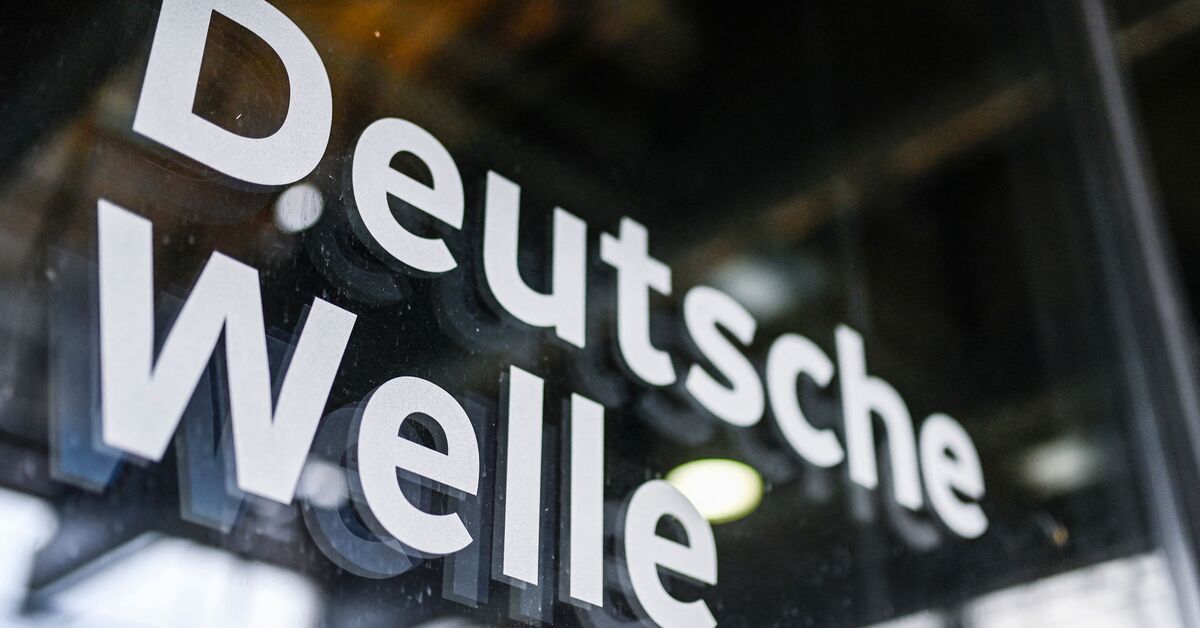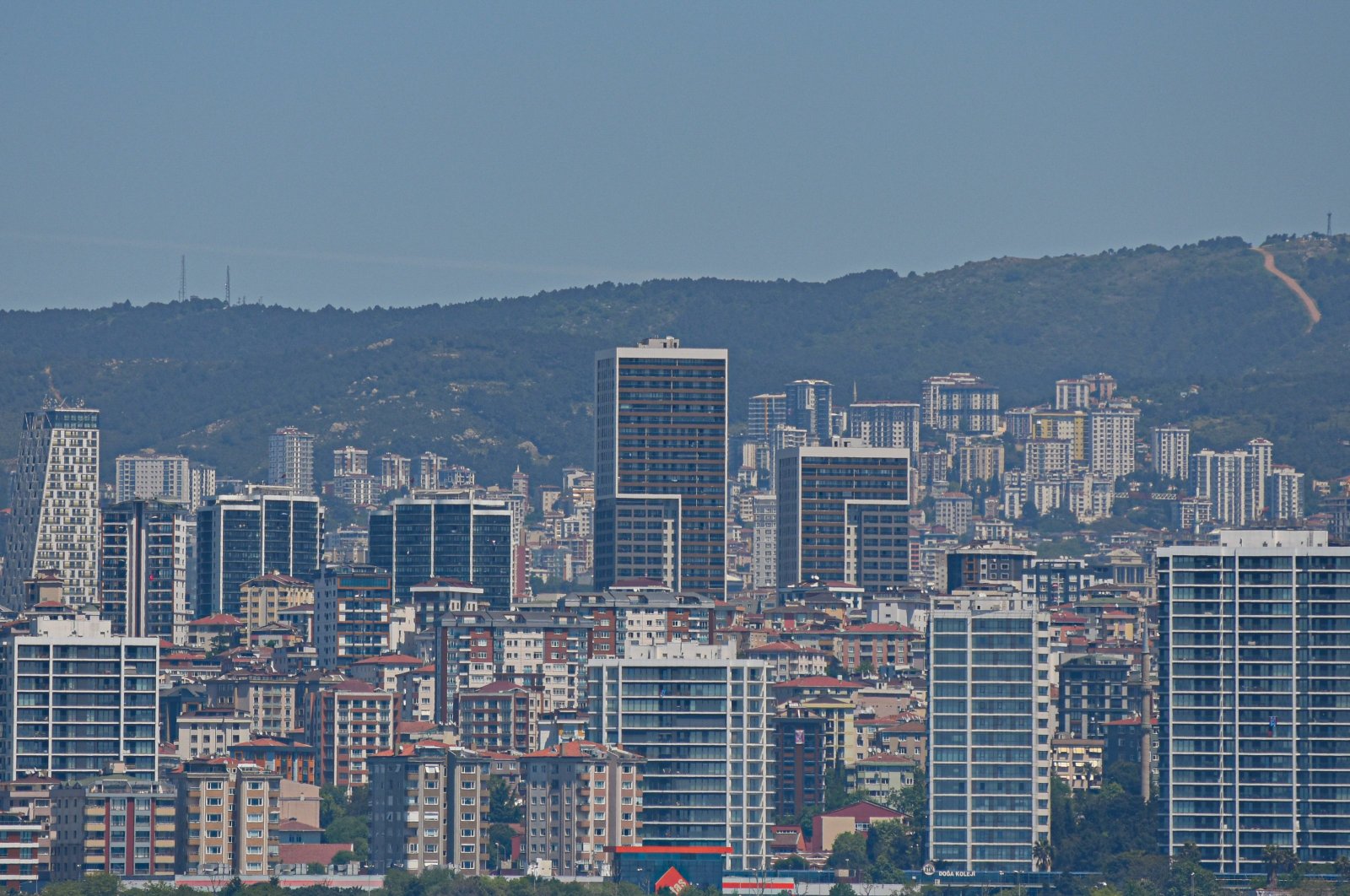Germany’s DW closure in Turkey sparks fears of pre-election media clampdown
ISTANBUL — The planned closure of the Turkey office of one of the country’s leading foreign news outlets has led to fears of a clampdown on the media in the run-up to elections on May 14.
Germany’s public broadcaster, Deutsche Welle (DW), announced on Monday that it will close its bureau in Turkey after the government declined to extend its permission to operate in the country. The company, which produces news in Turkish, said it would close its office beginning Tuesday next week.
DW Turkish Publications Manager Erkan Arikan described the move as a “blow to the freedom of the press,” and media freedom groups also condemned the development. In a statement, DW said it was considering legal action over the decision to deny an extension to its permit.
“We suspect that the government is putting pressure on the related authorities in order to make our journalistic activities in Turkey even harder,” Arikan said.
The Committee to Protect Journalists called on the Turkish government to renew DW’s operating permit and halt efforts to hamper journalism. “Denying DW’s license serves only to disrupt the broadcaster’s activities and deny Turkish citizens critical, independent reporting as elections approach,” the committee’s Turkey representative Ozgur Ogret said.
Some 90% of Turkey’s national media is now under government control, according to Reporters Without Borders, leaving the public to turn to international Turkish-language news websites such as DW, Voice of America and the BBC.
The ruling Justice and Development Party’s (AKP) control over media has traditionally become more visible and apparent ahead of elections. The May 14 race is critical for the party as President Recep Tayyip Erdogan faces increasing pressure over the economic situation and mounting criticism for the disaster response following the earthquakes in February.
According to Ilhan Tasci, an opposition member of the Turkish broadcasting authority, over a 40-day period leading up to the 2018 presidential election Erdogan received 181 hours coverage from state-run broadcaster TRT. His closest opponent got less than 16 hours.
Increasing pressure on foreign broadcasters
Foreign-run broadcasters providing news coverage in Turkish have been under pressure for several years.
In a 2019 report accused of encouraging the targeting of foreign-employed journalists, a pro-government think tank profiled individual media workers, including personal details, while claiming their reporting was biased against the government.
The government media watchdog, the Radio and Television Supreme Council, or RTUK, last year gave three international broadcasters, including DW’s Turkish service, notice to obtain broadcast licenses or have their content blocked.
DW refused, saying the request opened the door to censorship and subsequently saw its website blocked in Turkey.
Reporters Without Borders, which places Turkey 149th out of 180 countries in its 2022 Press Freedom Index, says 33 media workers are currently imprisoned.
According to the group, the government “has stepped up its attacks on journalists in a bid to deflect attention from the country’s economic and democratic decline and to shore up its political base” as the elections approach.
RTUK, which is largely comprised of government appointees, on Thursday penalized some of the handful of remaining independent Turkish TV news channels with fines and broadcasting bans.
Halk TV was punished for coverage of a book by jailed Kurdish politician Selahattin Demirtas and for its reporting on February’s earthquakes. TELE1 was fined over comments about the AKP and government policy, while Fox TV also received a financial penalty for criticism of an AKP-controlled local municipality.
In a near-Kafkaesque development, a court in Rize, on Turkey’s eastern Black Sea coast, ordered the blocking of a website that publishes details of internet bans. The Freedom of Expression Association tweeted on Tuesday that its EngelliWeb site was blocked a day earlier for “violation of personal rights.”
Following the Feb. 6 earthquakes that killed more than 50,000 in southern Turkey, the government imposed a state of emergency in the 11 provinces directly affected by the disaster.
Many fear this will allow greater scope for restricting reporting in the zone as elections approach, citing the harsh treatment meted out to independent journalists in the weeks after the quakes.
Baris Altintas, director of the Media and Law Studies Association, criticized the government’s approach to journalists covering the catastrophe, noting that 10 journalists were detained in the month following the initial quakes and dozens were physically attacked, sometimes by members of the security forces.
“Even for a government known for its repressive policies, why did shutting down social media and stopping the press take precedence over rescue efforts?” she wrote last week for the Index on Censorship.
Referring to shoddy construction practices held responsible for so many collapsed buildings, she added, “Covering up these incidents by stopping journalism took precedence over saving lives.”
Meanwhile, there are signs of the government’s growing desire to control public opinion.
According to the left-wing Birgun newspaper, the budget of the Directorate of Communications increased by 274% year-on-year.
The directorate, a branch of Erdogan’s office set up in 2018, recorded expenditure of 188,810,000 liras ($9.9 million) in February, compared to 50,415,000 liras ($2.6 million) in the same month last year.




